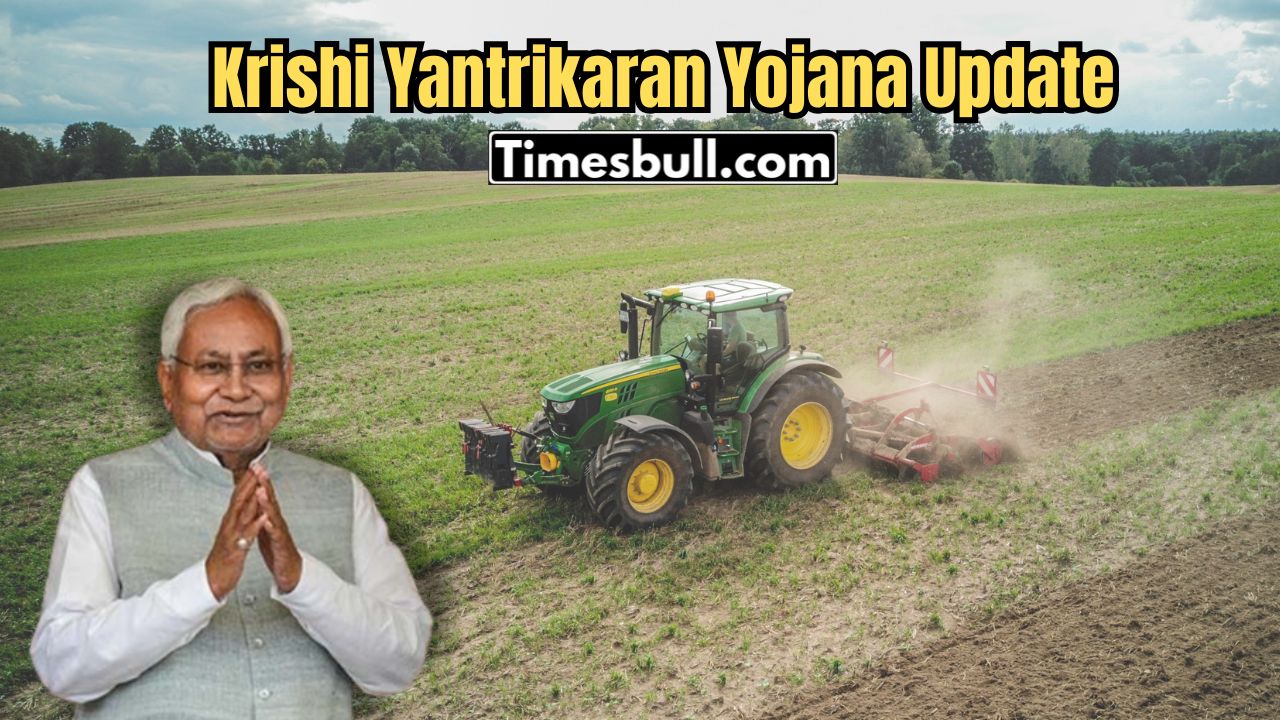In Bihar, the government is offering subsidies to farmers for crop residue management under the Agricultural Mechanization Scheme. On Wednesday, Bihar’s Deputy Chief Minister and Agriculture Minister, Vijay Kumar Sinha, said that wheat harvesting has started in some districts of the state. He urged farmers to avoid burning wheat stubble and residue in the fields, advising them to manage it properly instead.
The minister explained that burning crop residue increases the temperature of the soil, causing organic carbon to burn and be destroyed. This decreases the soil’s fertility. Additionally, the increased temperature kills important soil organisms like microbes and earthworms. These organisms are crucial for maintaining soil health, which is why the soil is often referred to as “alive.”
Burning crop residue destroys essential nutrients in the soil, leading to a lack of nitrogen, which reduces crop production. The minister mentioned that farmers are being trained and made aware in all districts. In areas where the problem is more prominent, farmer advisors and agriculture coordinators have been instructed to visit villages, meet farmers, and raise awareness.
District officials have also been directed to monitor this issue continuously. Scientists from agricultural colleges and universities have been asked to train farmers and inform them about the harmful effects of burning crop residue.
Subsidy for Crop Residue Management
The minister stated that under the Agricultural Mechanization Scheme, the government is offering a 75-80% subsidy on agricultural equipment related to crop residue management. This includes equipment such as Happy Seeder, Rotary Mulcher, Straw Baler, Super Seeder, Straw Management System (SMS), Rotary Slasher, Zero Tillage/Seed-cum-Fertilizer, and Paddy Stowchopper.
Strict Action Against Crop Residue Burning
The minister also mentioned that farmers who burn crop residue are currently being denied subsidies under various schemes via DBT. Additionally, action will be taken to prevent them from benefiting from wheat procurement. Farmers who repeatedly burn crop residue will face preventive action under Section 133 of Cr.P.C. The government aims to spread this message to discourage the practice.
Alternative Solutions for Farmers
He urged farmers to avoid burning crop residue in the fields. Instead, they should mix it into the soil, create vermicompost, or use the mulching method for farming. These alternatives will help maintain soil health and ensure high-quality, high-yield crops, ultimately increasing farmers’ income.
